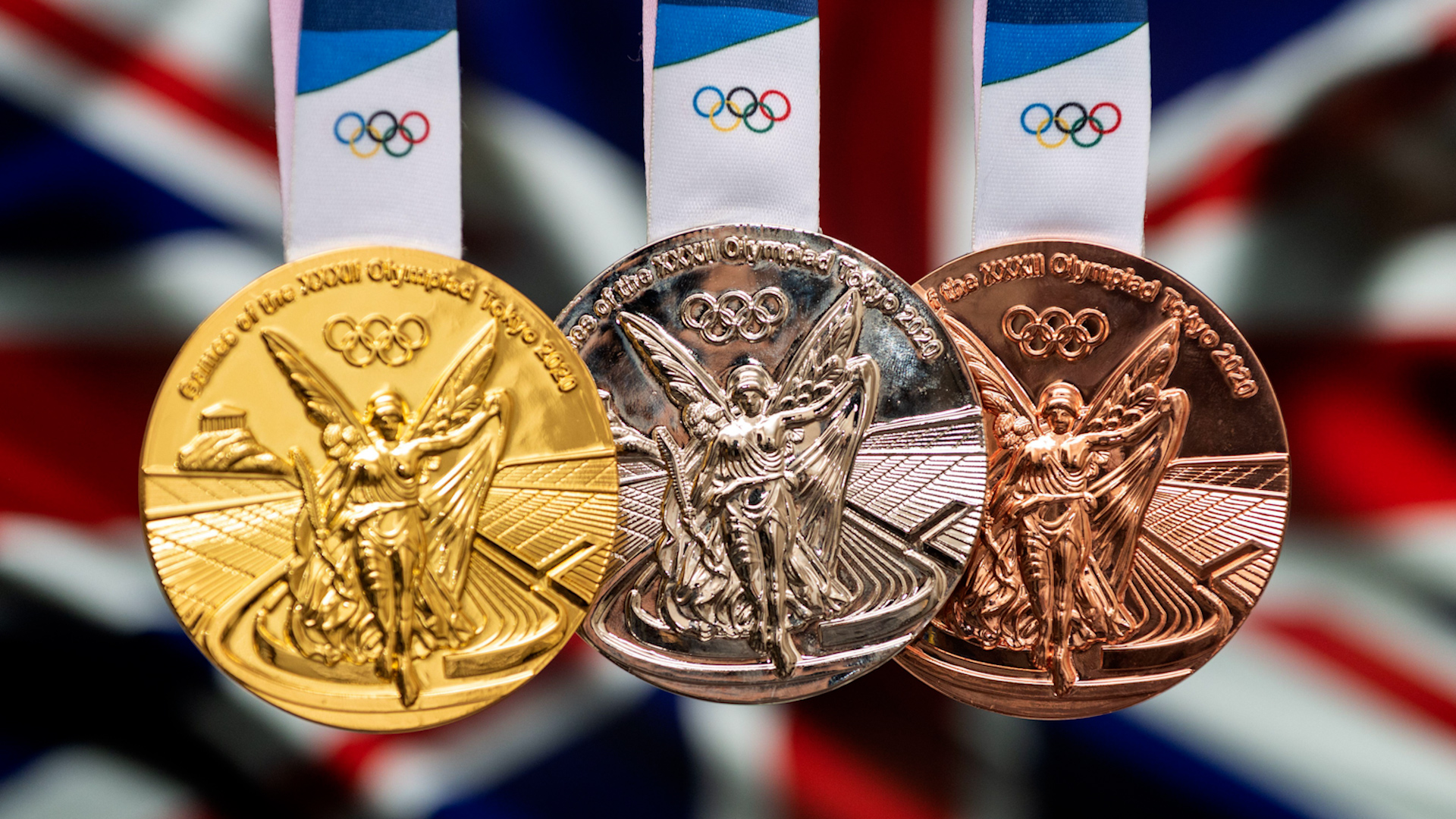
Paris Olympics: The UK Armed Forces' greatest Olympians through the decades

The UK Armed Forces holds a proud history of turning out athletes who have won medals for Great Britain at the summer Olympic Games.
A notable number of athletes have celebrated Olympic medal success alongside their military careers in a plethora of sports, from athletics to rowing.
Here's a look at some of the biggest sporting names in the UK Armed Forces to have gone on to Olympic success.
Major Heather Stanning
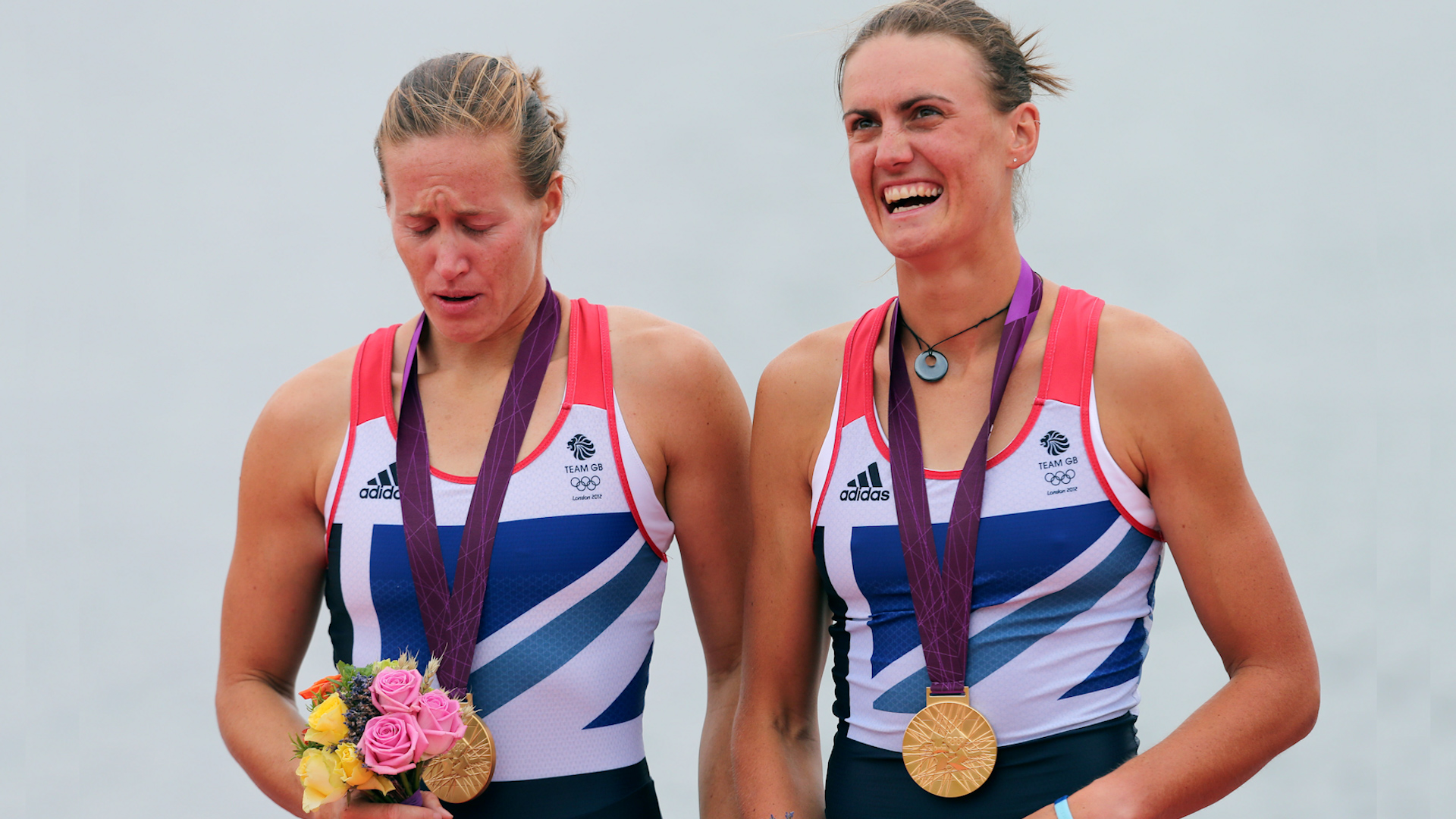
A serving major with the 32nd Regiment Royal Artillery, Major Heather Stanning wrote her name into the history books at both the London 2012 and Rio 2016 Olympic Games, with golden performances alongside Helen Glover in the women's pair rowing event.
The duo became the first British female rowers to win an Olympic title and the first to successfully defend their crown four years later in Brazil.
Maj Stanning was honoured with an OBE in 2017 after being recognised for her past services to rowing.
She announced her retirement at the Army Sports Awards in 2016.
In a recent interview with BFBS, Maj Stanning described the "pride" of representing your country in sport and in the armed forces.
She said: "For any forces Olympian going to an [Olympic] Games, it is that pride of representing your country.
"They already have that because they represent the country day in, day out, wearing their military uniform, but to be there in your Team GB kit representing not just your sport, but the country, the broader Team GB, it's a really special feeling."
Lieutenant Pete Reed
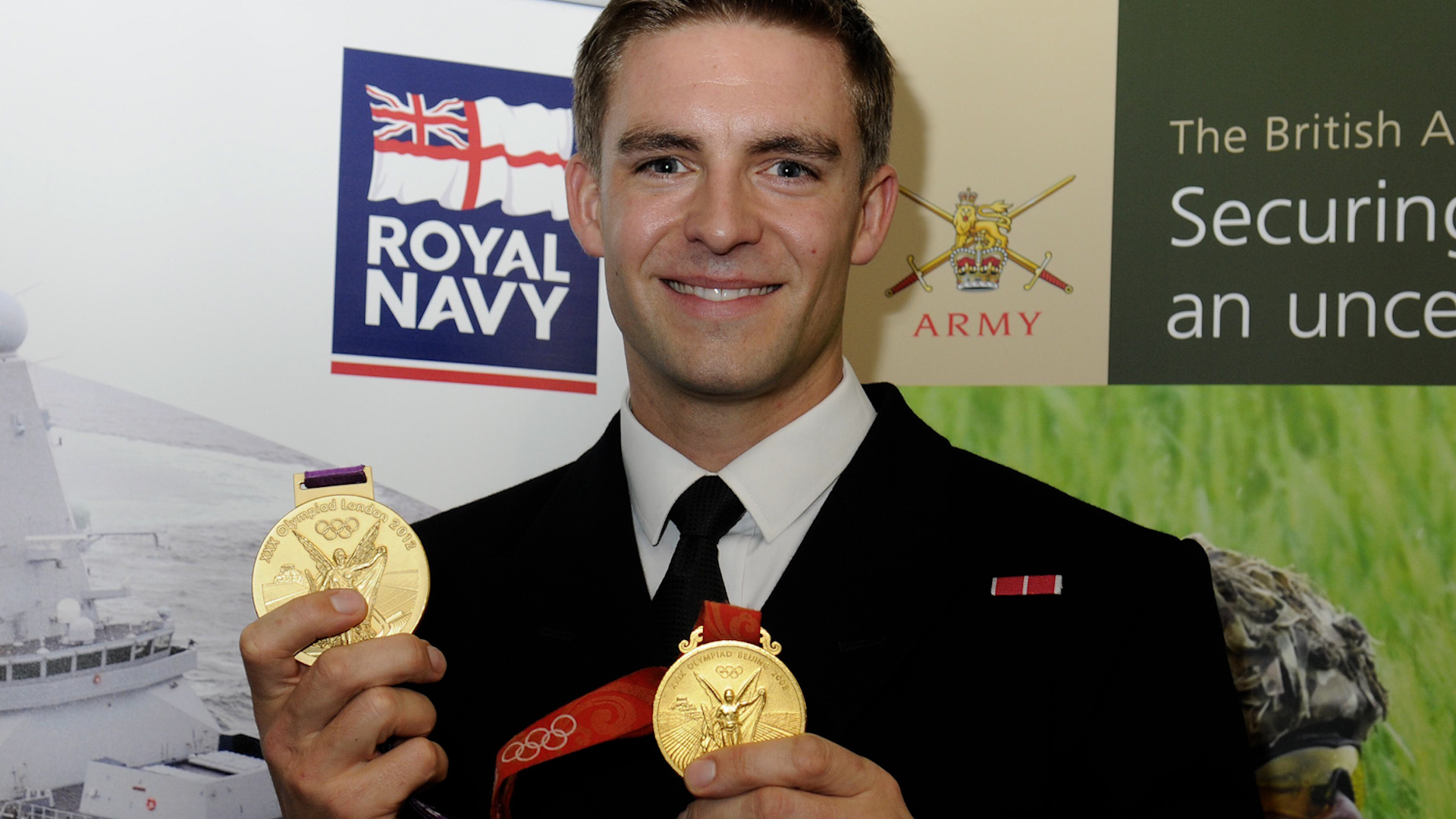
Royal Navy Lieutenant Pete Reed became a triple Olympic champion at Rio 2016 after following up on memorable victories in the men's four at Beijing 2008 and the men's eight in London 2012.
The three-time Olympic gold medallist took up rowing while training as an officer on board HMS Exeter in 2001.
He received an OBE at Buckingham Palace for his services to British rowing in 2017.
He is one of the Great Britain Rowing Team's most decorated members, due to his World Championship and Olympic medals and was generally known in the rowing world as 'Commander'.
Lt Reed suffered a spinal stroke in 2019, which left him paralysed, and has been in rehabilitation since.
In 2021, he helped raise thousands of pounds in a charity challenge by covering the distance of the River Thames as part of a team of eight.
The British athlete, who was actually born in Seattle, Washington, and moved to the UK months later, also discussed his recovery from the spinal stroke.
He said: "I feel like I'm transitioning out of full-time rehab now and back into what feels like the rest of life.
"I'm in a wheelchair so I'm 18 inches shorter but I feel like myself again."
Dame Kelly Holmes
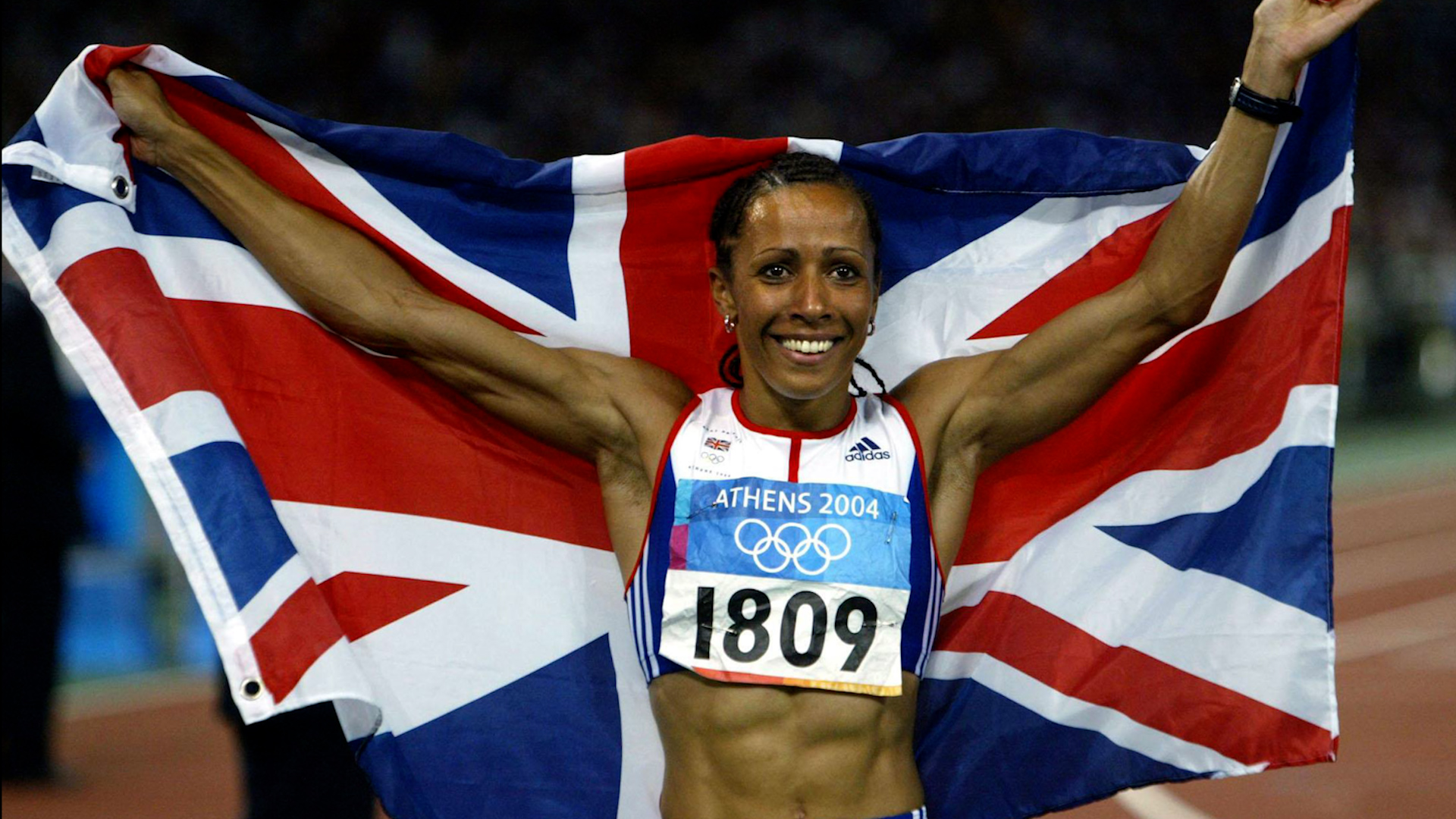
Dame Kelly Holmes is among Britain's most recognisable Olympic athletes and is best known for winning two gold medals at the 2004 Athens Olympics in the 800m and 1500m, adding to the 800m bronze she won in Sydney in 2000.
The double Olympic champion joined the British Army at 18 and served for 10 years before becoming an elite athlete and was appointed Honorary Colonel in 2018.
Following on from her success in Athens, Holmes was named BBC Sports Personality of the year in 2004 and in 2005, and backed London's successful bid to host the Olympic Games in 2012. She officially announced her retirement from athletics later that year.
Captain Jim Fox
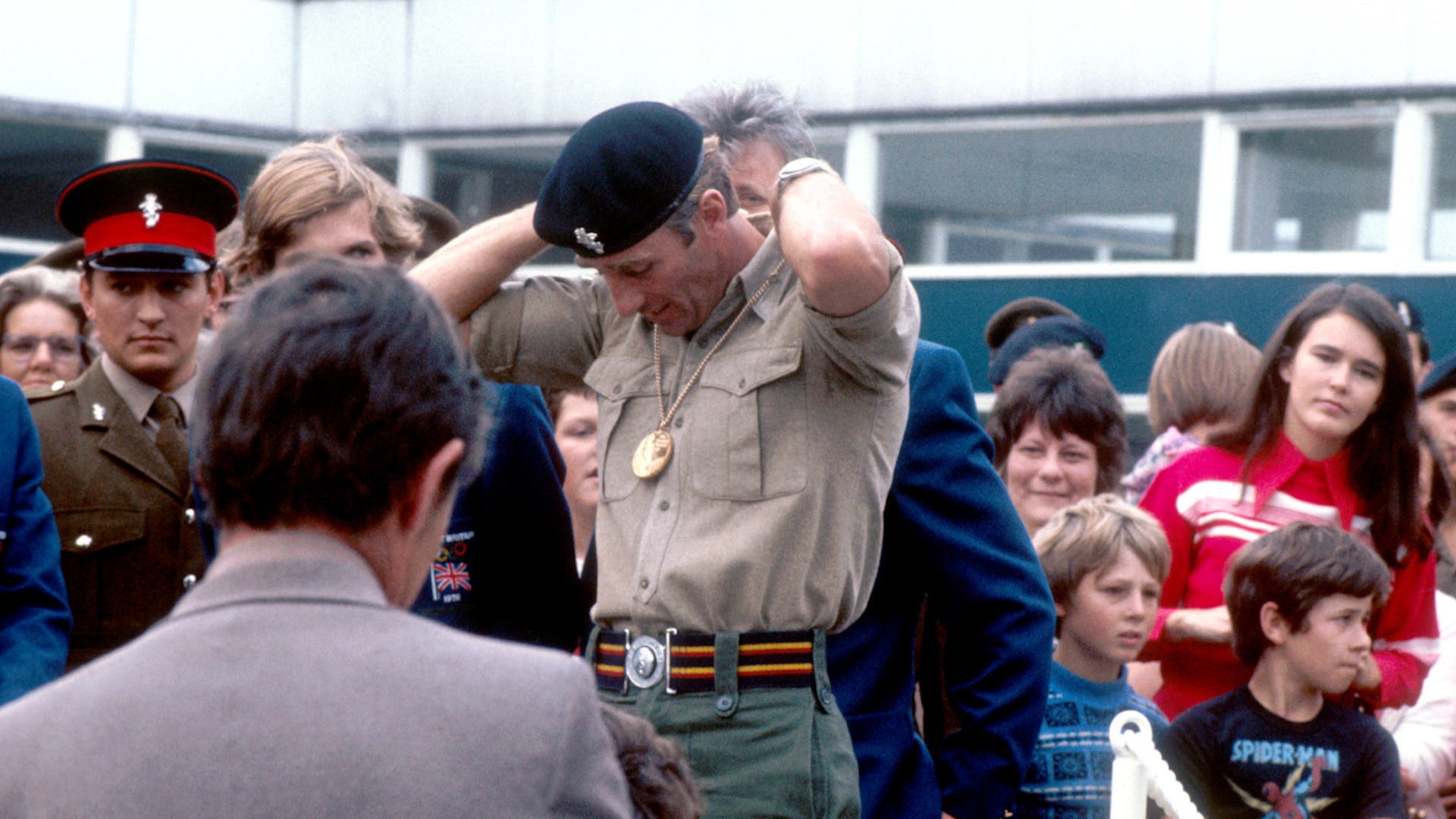
Former Army Captain Jim Fox was the only British pentathlete to have competed in four Olympic Games, winning gold in the team event at the 1976 Games in Montreal alongside teammates Danny Nightingale and Adrian Parker.
He is seen as one of the most influential figures in the development of the Modern Pentathlon in Britain.
Capt Fox, who served in the Corps of Royal Electrical and Mechanical Engineers, was awarded the OBE for services to the Modern Pentathlon and died earlier last year.
Kriss Akabusi
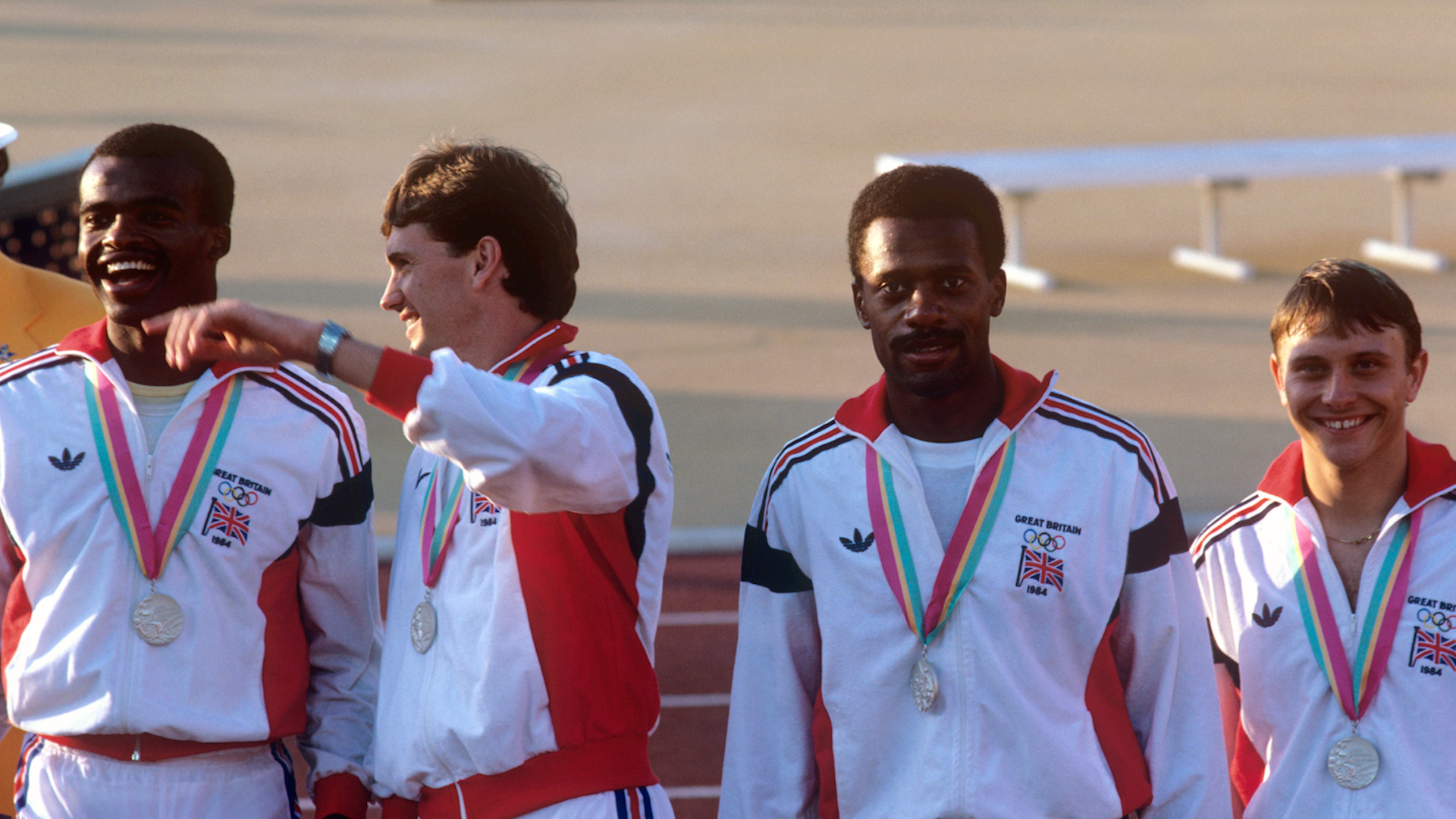
Kriss Akabusi enjoyed a long career as a track athlete whilst serving in the British Army.
He joined the Royal Corps of Signals in 1975 before he switched to the then-called Army Physical Training Corps in 1981.
It was during his military career that his potential as an athlete was discovered, and he took up athletics in 1983.
He competed for Great Britain at the 1984 Summer Olympics in Los Angeles, winning a silver medal in the men's 4x400m relay team.
Akabusi then took on the 400m hurdles, where he placed sixth in the final at the 1988 Summer Olympics in Seoul and fifth with the 4x400m relay team.
In 1990, Akabusi was discharged into the reserves at the end of his career in the Army, where he held the rank of Warrant Officer Class 2.
He then went on to win two bronze medals at the 1992 Summer Olympics in Barcelona – in the 400m hurdles and the men's 4x400m relay team – before retiring in 1993.
Lieutenant General Sir Philip Neame
Lieutenant General Sir Philip Neame is the only person to have won an Olympic gold medal and Victoria Cross (VC), Britain's highest military award.
He won the VC at Neuve Chapelle in December 1914 during the First World War.
Two years later he was awarded the Distinguished Service Order medal and, after filling various commands with distinction, attained the rank of lieutenant general in 1940.
Lt Gen Sir Philip won his Olympic gold medal at the running deer shooting competition in the 1924 games in Paris.
In his autobiography, which he wrote in captivity before escaping from an Italian Prisoner of War Camp, revealed he was under the impression that he was representing the British Empire rather than Great Britain at the 1924 games.
According to his profile on Team GB's website, Lt Gen Sir Philip also represented the Army in both revolver and rifle competitions.









